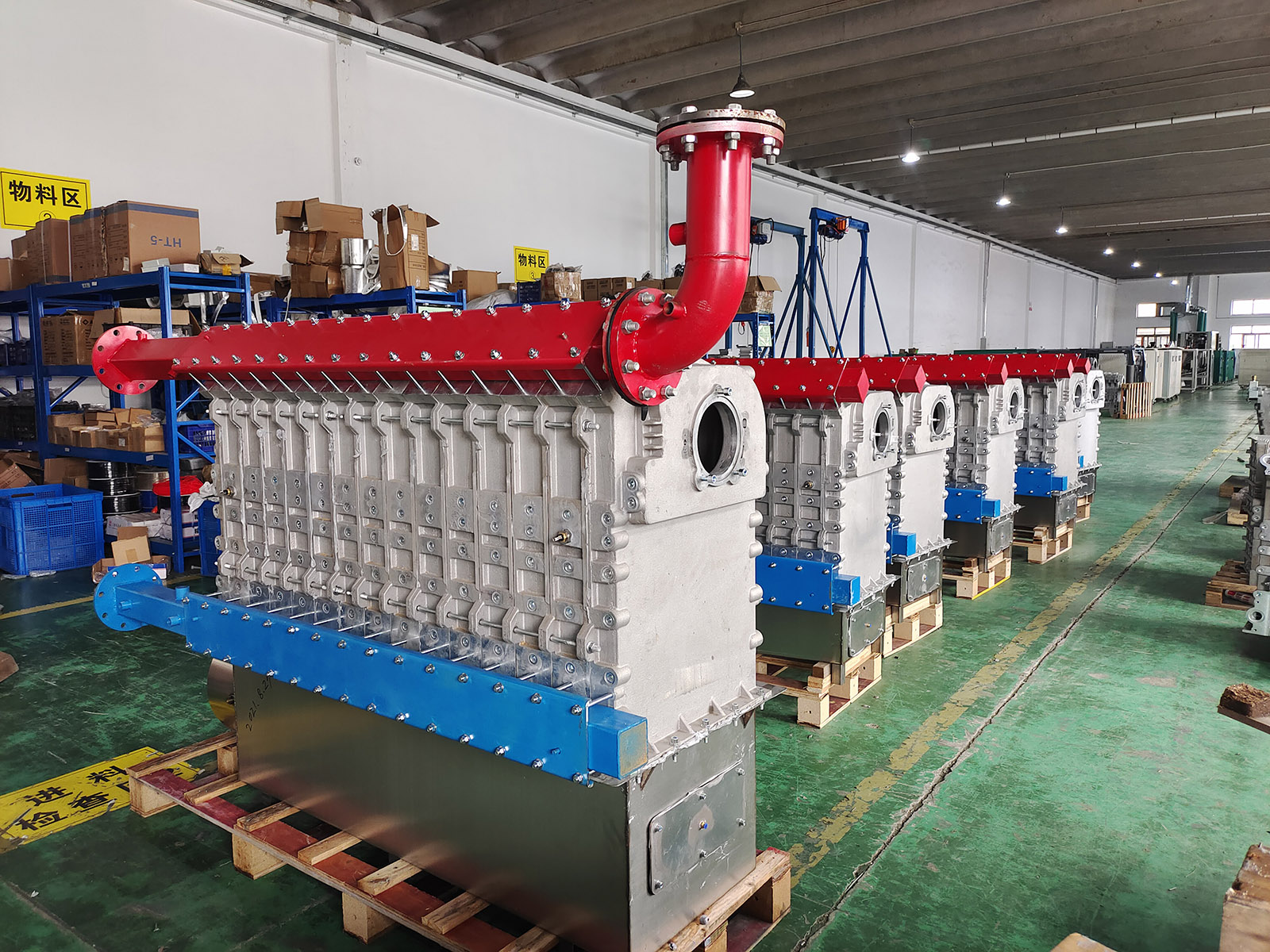нов . 30, 2024 06:57 Back to list
Exploring the Benefits of Purchasing Metal Casting for Your Projects
Buying Metal Casting A Comprehensive Guide
Metal casting is a crucial process used in various industries, from manufacturing machinery components to creating artistic sculptures. For those looking to buy metal castings, whether for industrial applications or personal projects, it's important to understand the factors that influence the choice of foundry, the types of materials available, and the overall casting process. This guide will help navigate the landscape of metal casting and make informed purchasing decisions.
Understanding Metal Casting
Metal casting is a manufacturing process where molten metal is poured into a mold to create a desired shape. This process can accommodate a wide range of metals, including aluminum, bronze, iron, and steel, each offering unique characteristics that determine their suitability for different applications. The casting process consists of several steps, including designing the mold, melting the metal, pouring it into the mold, and finally cooling the metal to solidify the shape.
Types of Metal Casting Processes
There are several metal casting processes that buyers should be aware of
1. Sand Casting The most common form of casting, it involves creating a mold from sand and using it to produce large quantities of castings. Sand casting is versatile and cost-effective for producing both small and large parts.
2. Investment Casting Also known as lost-wax casting, this process is used for making highly detailed and intricate parts. It involves creating a wax model, encasing it in a ceramic shell, and then melting the wax away.
3. Die Casting Typically used for high-volume production, die casting involves forcing molten metal into a steel mold under high pressure. This method is known for producing smooth and precise castings.
4. Centrifugal Casting This technique uses centrifugal force to create cylindrical parts. It's often employed for producing pipes, rings, and bushings.
Factors to Consider When Buying Metal Castings
When considering purchasing metal castings, several factors come into play
1. Material Selection Different materials have distinct properties that make them ideal for specific applications. For instance, aluminum castings are lightweight and resistant to corrosion, making them perfect for automotive parts, while iron castings boast superior strength and wear resistance.
buy metal casting

2. Casting Tolerance and Finish Depending on the application, the required tolerances and surface finish can vary significantly. It's essential to communicate your specifications clearly to the foundry to ensure that the final product meets your expectations.
3. Production Volume Consider how many castings you need. Smaller volumes may be best suited for sand or investment casting, while larger orders might benefit from die casting due to its efficiency and cost-effectiveness.
4. Lead Time Understand the timelines involved in the casting process. Some types of casting can take longer than others, especially if complex molds or specific materials are required.
5. Cost Price is a critical consideration. While cheaper castings can be appealing, it’s essential to evaluate the trade-offs concerning quality, durability, and production efficiency.
Choosing the Right Foundry
Selecting a reliable foundry is crucial for successful metal casting purchases. Here are key considerations
1. Experience and Expertise Look for foundries with a proven track record and expertise in the specific type of casting required. Experience often translates into higher quality outcomes and better problem-solving capabilities.
2. Certifications and Standards Many industries require compliance with specific standards. Ensure the foundry meets these requirements and is certified for quality assurance.
3. Customer Support A foundry that offers good customer support will make the process smoother. They should be willing to discuss your requirements and provide guidance throughout the project.
4. Reviews and References Before making a commitment, look at reviews from previous clients. Request references to gain insight into the foundry's reliability and quality of work.
Conclusion
Buying metal castings involves careful consideration of various factors, from the type of casting process to the selection of materials and the choice of foundry. By understanding these elements, potential buyers can ensure they obtain high-quality castings that meet their specific needs. Whether for industrial use or personal projects, navigating the metal casting landscape with informed choices will result in successful outcomes and long-term satisfaction.
-
Centrifugally Cast Iron Water Main Pipe | Ductile Iron Solutions
NewsAug.24,2025
-
Durable Cast Steel Concrete Pipe Mold Bottom Rings & Base Trays
NewsAug.23,2025
-
Centrifugally Cast Iron Water Main Pipe for Reliable Mains
NewsAug.22,2025
-
Durable Centrifugally Cast Iron Water Main Pipe
NewsAug.11,2025
-
Centrifugally Cast Iron Water Main Pipes for Reliability
NewsAug.10,2025
-
High-Quality Centrifugally Cast Iron Water Main Pipes
NewsAug.09,2025


